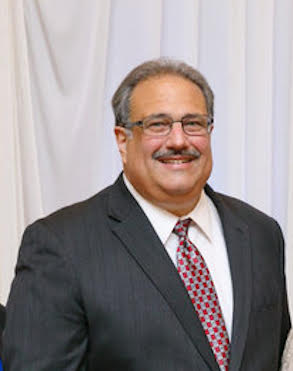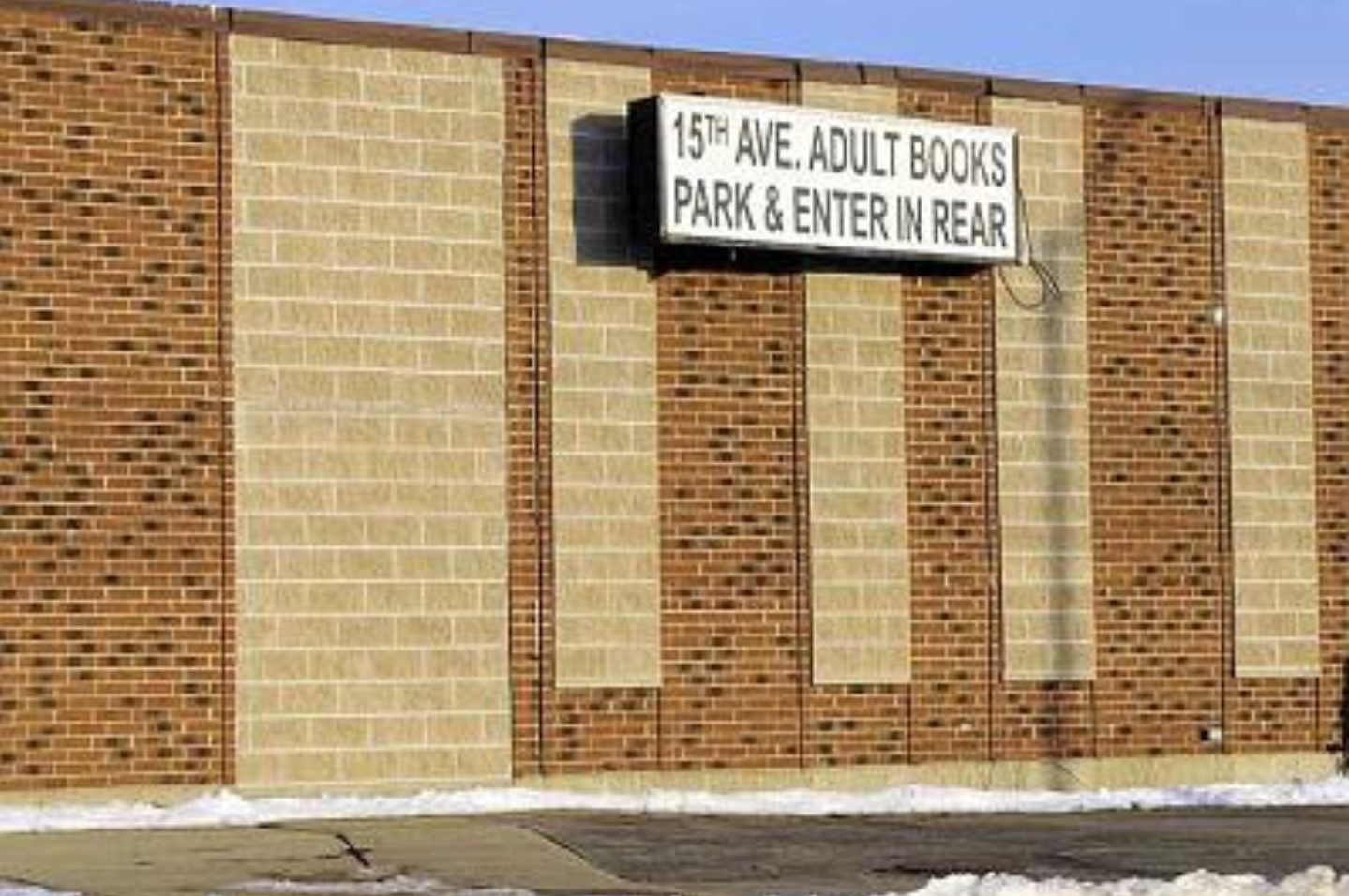The meandering path towards government-run healthcare has taken yet another turn for the worse. Right on the heels of Massachusetts’ historic rejection of all things Democrat came promises that no underhanded tactics would be used to pass this monumental debacle of a health care bill. Then we had the move to pass the Senate bill in toto on the House floor. That move would have eliminated the pesky need for the thing called democracy, as there was no way the Senate could ever have passed that clusterfu*k piece of legislation again after reconciliation, thanks to Scott Brown.
Thank god Ted Kennedy was so terrified that Mitt Romney would appoint a Republican to the Senate if John Kerry got the presidency in 2004. Because the only Kennedy not worth shooting decided the governor could not be trusted with an interim appointment for the Senate, he got the state legislature to pass rules for emergency elections. Not that I think elections are a bad idea. If Illinois had such a system Hot Rod Blagojevich might still be in office himself.
But I digress. The most hilarious part is the House will not budge on the Senate bill. Too many representatives are worried the Senate will screw them over during reconciliation (or they’ve come to their senses and realized what a bloated, miserable bill they have on their hands). Either way it seems like Nancy Pelosi can’t squeeze the necessary votes out of her lowly peons, so a new route must be taken.
Enter Louise Slaughter, whose name has become synonymous these past few days with the newest parliamentary tactic the DNC is employing to move the health care bill forward. Deem and Pass, or the ‘Slaughter Rule’ has Republicans have dubbed it, is a self-executing rule unique to the House of Representatives. Here is the definition of the procedure according to rules.house.gov
Definition of “Self-Executing” Rule. One of the newer types is called a “self executing” rule; it embodies a “two-for-one” procedure. This means that when the House adopts a rule it also simultaneously agrees to dispose of a separate matter, which is specified in the rule itself. For instance, self-executing rules may stipulate that a discrete policy proposal is deemed to have passed the House and been incorporated in the bill to be taken up. The effect: neither in the House nor in the Committee of the Whole will lawmakers have an opportunity to amend or to vote separately on the “self-executed” provision. It was automatically agreed to when the House passed the rule. Rules of this sort contain customary, or “boilerplate,” language, such as: “The amendment printed in [section 2 of this resolution or in part 1 of the report of the Committee on Rules accompanying this resolution]shall be considered as adopted in the House and in the Committee of the Whole.”

![[Serial Wife Killer And Former Police Official] “Drew Peterson, Running For Mayor of Schiller Park” Nick Caiafa](https://www.americannewspost.com/wp-content/uploads/2017/03/ncaiafa_3.jpg)


3 Comments
Great article! Last count 211 solid “no”s. If they eventually call a vote i think there will be a tusami of yes to nos if it becomes clear it wont pass. Stay frosty patriots – keep calling capital switchboard 202 224 3121 and emailing!
Dear Theo,
I wish our 15-20 thousand viewers per week were 15-20 million viewers, because many people would appreciate your message.
Great job and on behalf of KTF Media Group thank you for your contributions.
Or for the capital switchboard try 877-sob-usob. Ktf should try getting this article linked on american thinker or big governnent. Very well done.